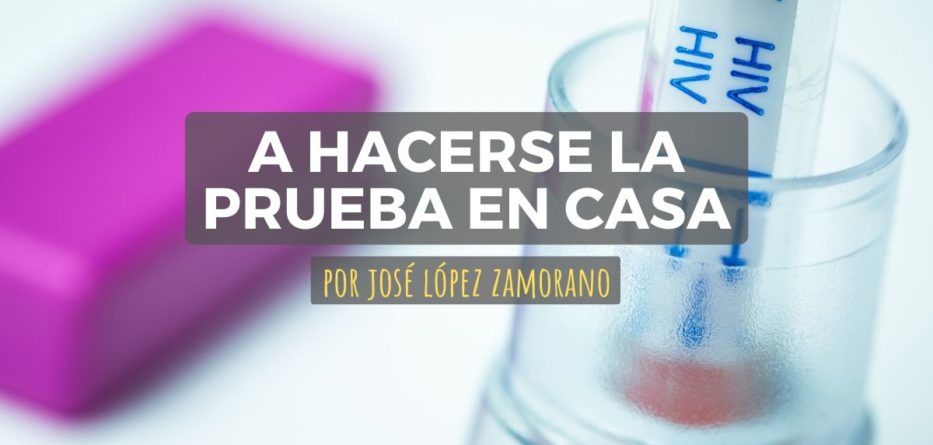The COVID-19 pandemic has transformed our lives in ways we never imagined. Most of us know someone who was infected or who lost a family member, friend, or colleague to the pandemic. Most of us still can’t do many of the little things or collective activities that fulfill our existence as sociable beings.
But life goes on. And now it is up to us to face the challenge of the new normality with discipline and imagination: keep a healthy distance, use mouth covers, wash our hands and not forget preventive health measures such as regular visits to the doctor – under the new method of tele- consult – and without forgetting our schedule of regular medical examinations.
It is especially important for us Latinos and Latinas to be tested for HIV because the virus disproportionately affects our community: Hispanics represent around a quarter of all new diagnoses of the virus, despite constituting 18% of the population of the country.
At this time, HIV testing is more important than ever because there may be an increased risk of developing complications from COVID-19 among adults with serious underlying diseases or with a compromised immune system.
According to the Centers for Disease Control and Prevention (CDC), people with HIV may also be at increased risk for serious medical complications from Covid-19 from their age or other medical conditions. As the saying goes, prevention is better than regret.
The good news is that it is now possible to get tested for HIV quickly, easily, and confidentially from the comfort of your home. HIV self-tests, also known as a home HIV test, also allow us to know the result privately, which can help increase our awareness of the importance of the test and help prevent new cases.
The new test collection kits can be used for both HIV testing and other sexually transmitted diseases. They can be ordered through our family doctor or online, and in most cases their cost is covered by most health insurance plans. Some states even offer the tests for free.
The most important thing to highlight is that there is no need to fear the result. If a test is positive, it is important to see a health care provider for a follow-up test. Sometimes an HIV test can give false positive results.
If they confirm the positive result, then they will help you start the necessary treatment and connect to other support services to maintain your health. With the commitment and perseverance of the treatment, the HIV virus can reach very low values of viral load, being undetectable and non-transferable.
If the test result is negative, this may be a good opportunity to talk about starting PrEP, a daily pill that helps prevent HIV.
The COVID-19 pandemic has taught us that if we act with a strong sense of individual responsibility, we can significantly influence public health outcomes.
On the eve of National HIV Testing Day, observed on June 27, it is possible to see light at the end of the tunnel: around half of Latinos living with the virus have achieved its suppression thanks to timely treatment with retroviral. And it all starts with a simple, easy step that you can take at home: the HIV test.
For more information visit www.laredhispana.com.






